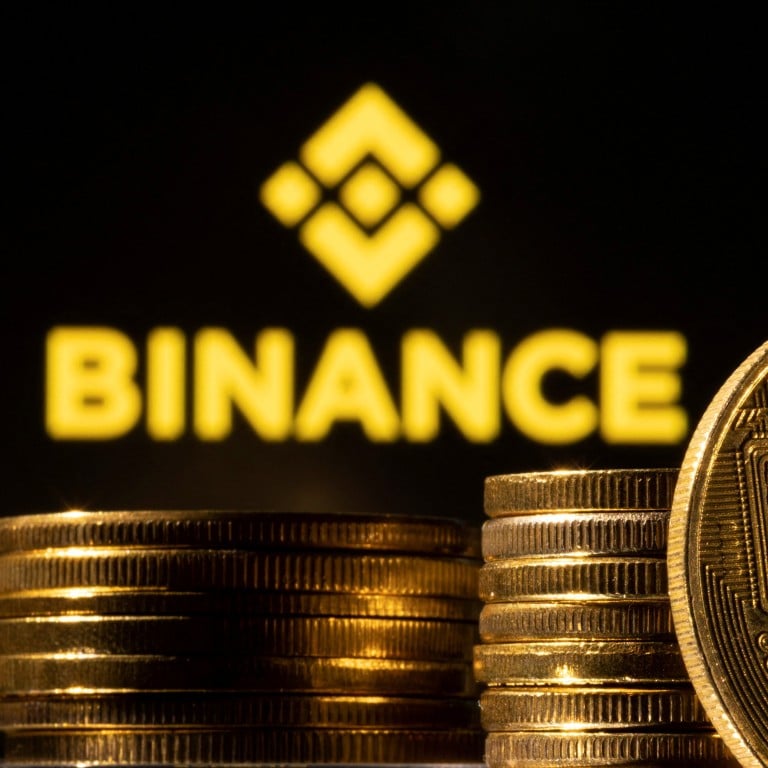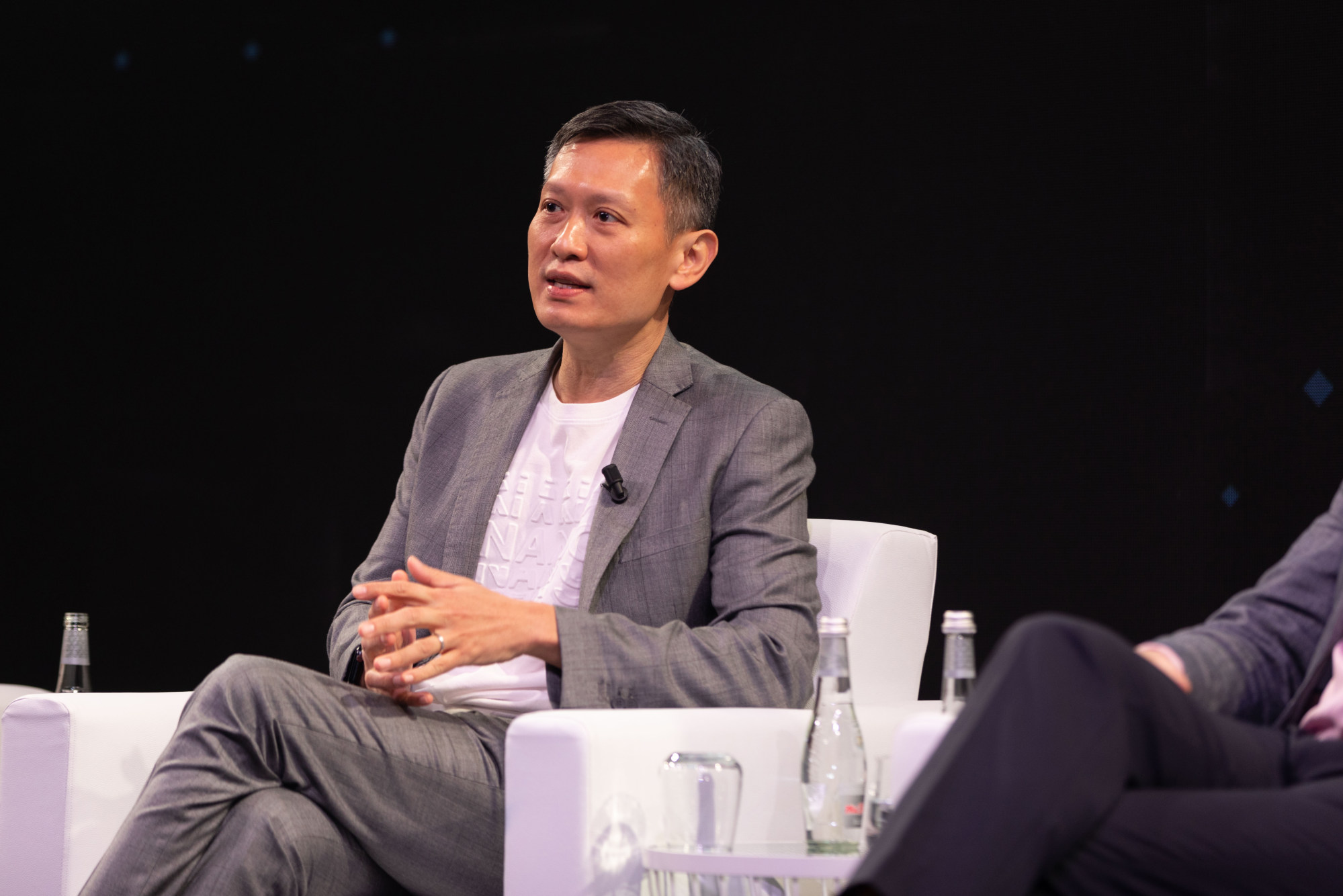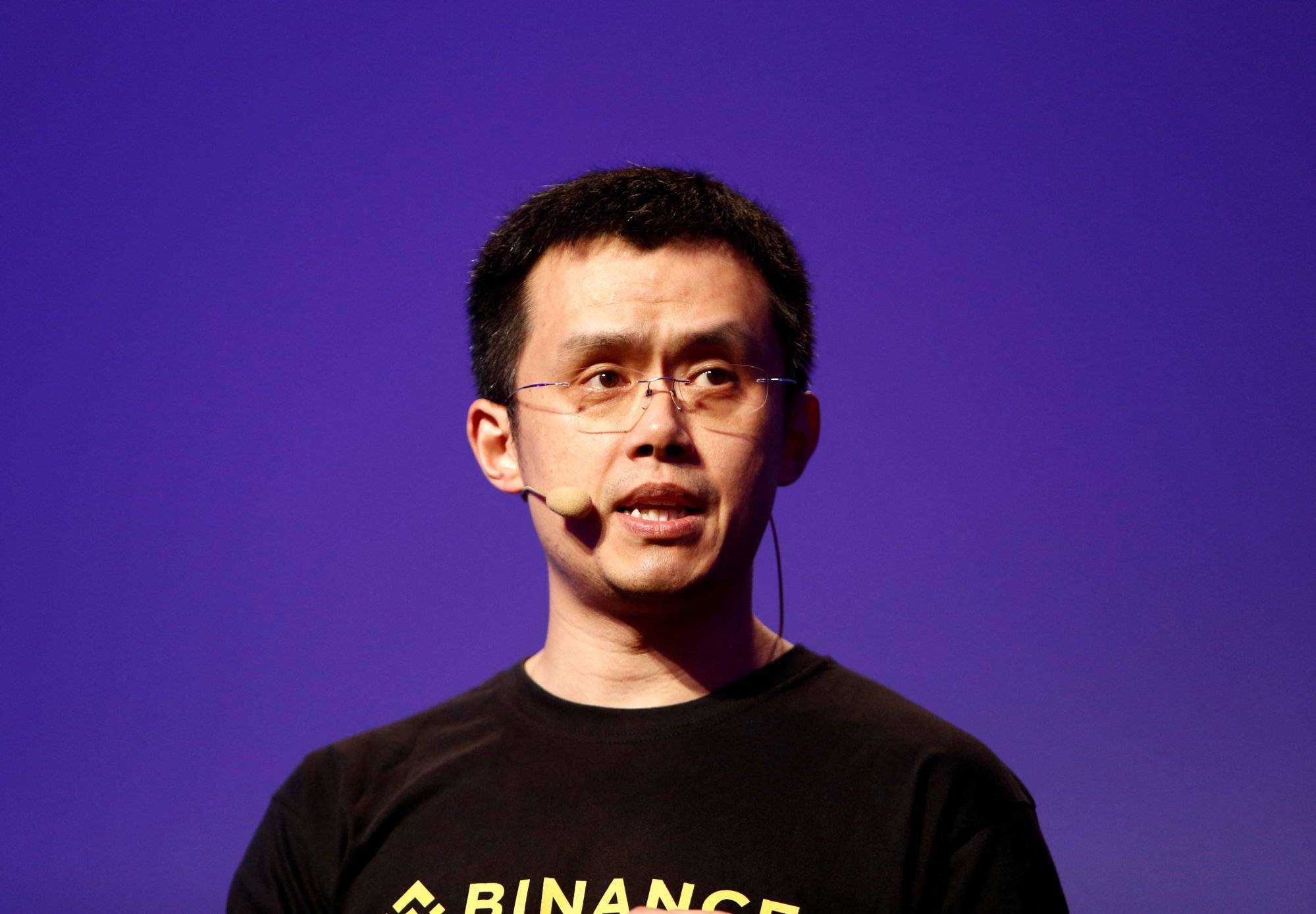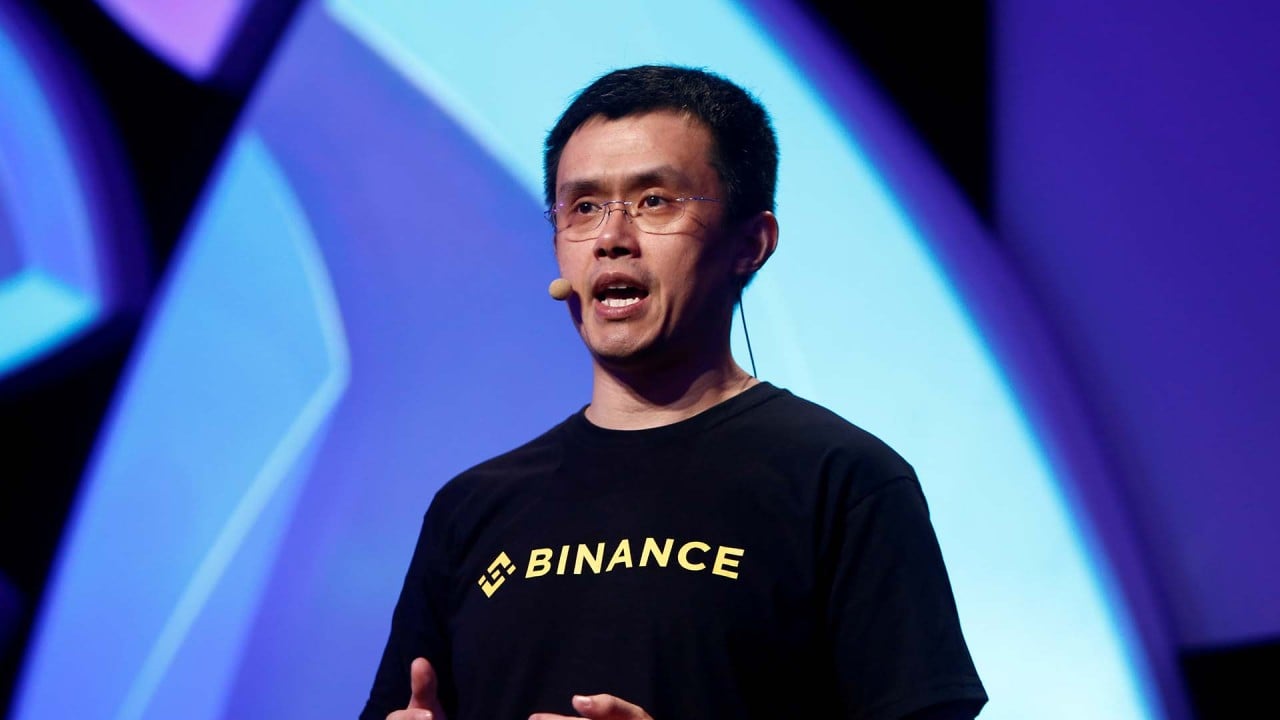
Binance readies licensed cryptocurrency platform in Middle East in a bid to regain legitimacy
- The world’s largest cryptocurrency exchange will launch payment and trading services in Dubai and Bahrain as early as June
- Binance won a licence in France, its first in Europe, as CEO Zhao Changpeng continues to lobby regulators
Binance, the world’s largest cryptocurrency exchange, is preparing to launch its payment and trading services in Dubai, as it seeks to set up its first headquarters in the Middle East and rebuild legitimacy.
The exchange is working with local banks and recruiting country managers and compliance officers in Dubai and in Bahrain, with the service expected to launch as early as June, according to Richard Teng, regional head of Middle East and North Africa, who is based in Dubai.
“Regulators in the Middle East region see that supporting the development of crypto assets is critical in developing the Web 3 ecosystem,” said Teng. “Trading cryptocurrencies is just one of the business areas that we could deploy in the region, and there are many more opportunities besides trading.”

The licences won in Dubai and Bahrain earlier this year were followed by a permit from French regulators, Autorité des marchés financiers this month, its first in Europe, showing that the lobbying by chief executive Zhao Changpeng is paying off. The exchange’s popularity among cryptocurrency traders has helped to bolster Chao’s net worth to US$17.4 billion, according to Forbes.
Binance’s foray into the Middle East gained momentum after Teng, the former CEO of the Financial Services Regulatory Authority of Abu Dhabi Global Market, the city’s international financial centre, was asked to head the Middle East operations in December.

“In some parts of the Middle East, we often communicate with one single regulator which has a consistent framework that straddles banks, asset management, exchanges and broker dealers,” said Teng. “That cuts out a lot of disagreement from multiple agencies, which may differ in their views about how crypto should be regulated.”
Teng, who has served as the chief regulatory officer of the Singapore Exchange and 13 years with the MAS, said he sees merits in allowing retail participation.
“There is a difference between market risk and the risk of fraud. Where regulators should focus is the latter, which also happens in conventional finance,” he said.
“Market risk is very difficult to guard against, it is best left to investors to make their own informed decision.”


